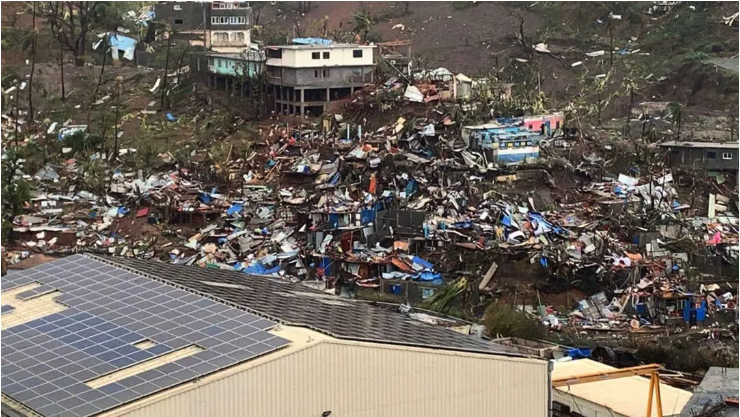Study: Heat Deaths in Europe May Triple By 2100
According to a study published in the Lancet Public Health Journal on Wednesday, heat-related mortality in Europe may triple by the end of the century, with the numbers increasing disproportionately in southern European nations like Italy, Greece, and Spain....
0:00
/1861
Facts
- According to a study published in the Lancet Public Health Journal on Wednesday, heat-related mortality in Europe may triple by the end of the century, with the numbers increasing disproportionately in southern European nations like Italy, Greece, and Spain.[1]
- Based on modeling data from 30 European nations, the researchers warned that heat-related deaths could increase from about 44K to nearly 129K per year, adding if global warming reaches 3°C, the number of heat-related deaths will outweigh the decrease in cold-related deaths.[2]
- The study predicts that extreme temperatures could increase heat-related deaths by 13.5%, causing 55K more deaths (mostly among people aged 85 and above) annually.[3]
- While about 364K cold-related deaths and 44K heat-related deaths were recorded annually across Europe between 1991 and 2020, researchers warned that the severity of extreme heat will pose a growing threat to human life if no action is taken to combat climate change.[4]
- Under current climate policies, if global warming reaches 3°C, the study predicts that the number of fatalities caused by cold weather will remain high, with a slight drop from 363K to 333K by 2100.[5]
- Despite nations pledging to reduce emissions, a UN study from 2023 suggests that the earth is on track for global average temperatures to rise by 3°C by the end of the century.[6]
Sources: [1]Guardian, [2]Evening Standard, [3]LSHTM, [4]Euronews, [5]Daily Mail and [6]Independent.
Narratives
- Narrative A, as provided by The Lancet and Associated Press. Climate change and an aging population will raise temperature-related mortality risk in Europe, presenting new challenges to public health systems. Policymakers and health authorities can prevent health disparities from worsening by protecting more vulnerable areas and seniors and improving resilience and adaptation in the forecasted high-risk areas.
- Narrative B, as provided by Fortune Europe. While deadly extreme weather is real, so is the fact that such studies are flawed because mainstream science suggests that climate change's economic and social harms are modest in the long term. Moreover, a warming world offers hope that the effect of climate change could be positive, with many people doing incredible, innovative things that will have massive impacts on the planet's future.







